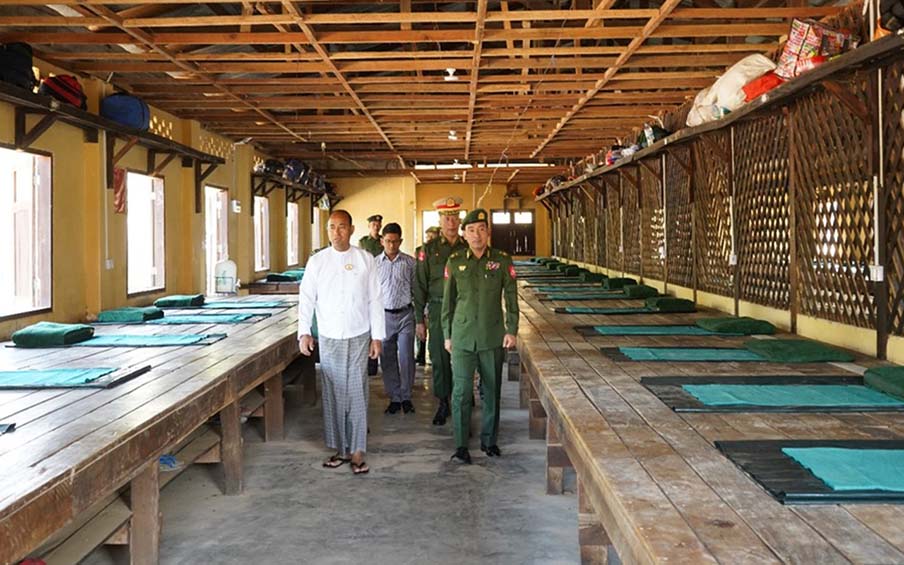Environmental degradation and chemical abuse pose an increasing threat to people worldwide, leading to the emergence of various hepatitis diseases that afflict a significant number of individuals year after year.
Those suffering from various types of hepatitis disease often face numerous challenges in society, struggling to keep pace with others due to their compromised health. Moreover, those suffering from any type of hepatitis disease triggered by problems from the liver cannot harmonize their physical structures with mental activities.
Unclean water and chemical residues spreading in the environment are the primary factors contributing to the outbreak of hepatitis diseases. Thus, it is imperative for individuals and communities to collaborate with health personnel in cleaning up their surroundings to prevent not only hepatitis but also other major diseases.
Recognizing the severity of the situation, countries across the globe are striving to control hepatitis diseases. Authorities must raise awareness about the various types of hepatitis, including A, B, C, D, and E, which are infectious diseases. Improving testing and treatment coverage is crucial to achieving the global elimination goals by 2030.
Governments play a vital role in promoting the prevention, diagnosis, and treatment of hepatitis. This disease affects millions of people annually, causing both acute and chronic conditions, resulting in approximately 1.34 million deaths each year. Hepatitis B, in particular, is a common cause of cirrhosis and can lead to liver cancer in some cases.
In acknowledgement of the efforts made by health professionals and volunteers in combating hepatitis, the World Health Organization designated 28 July as World Hepatitis Day. This day serves as an opportunity to bolster national and international efforts to combat the disease, encouraging actions and engagement from individuals, partners, and the public. The WHO’s Global Hepatitis Report of 2017 highlights the need for a more substantial global response.
In line with this year’s theme, “One life, one liver,” health professionals and scientists must continue their research on hepatitis diseases. The goal is to develop more potent drugs to control and manage these illnesses effectively, ensuring that people worldwide do not miss out on deserved opportunities in society. Currently, Myanmar manufactures Hepatitis B vaccine for the people for local consumption as well as export purposes.
To achieve lasting success, it is essential for all nations to collaborate in creating cleaner environments, raising awareness, and providing access to testing and treatment. Together, it is necessary to keep hepatitis diseases under control and work towards a healthier, brighter future for everyone.
Controlling hepatitis diseases: A global effort
- July 30, 2023
- 513











